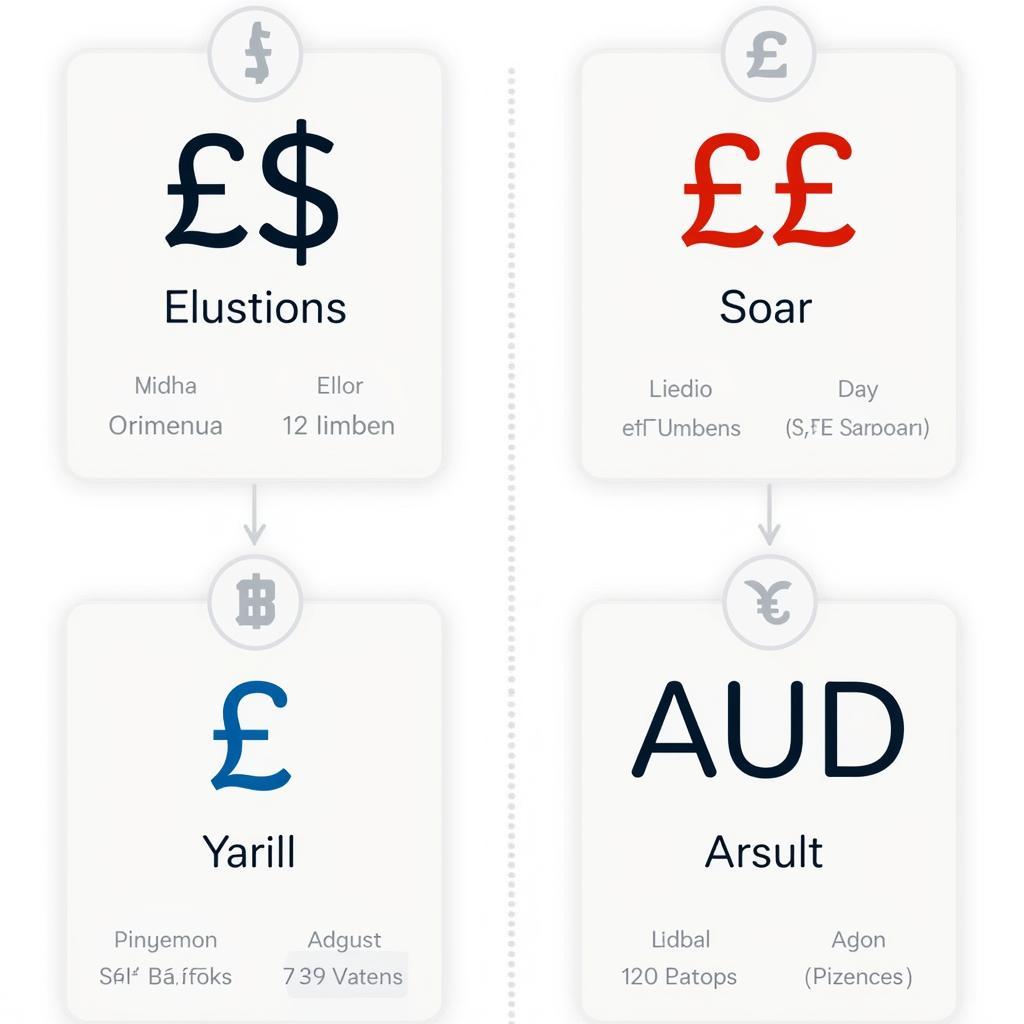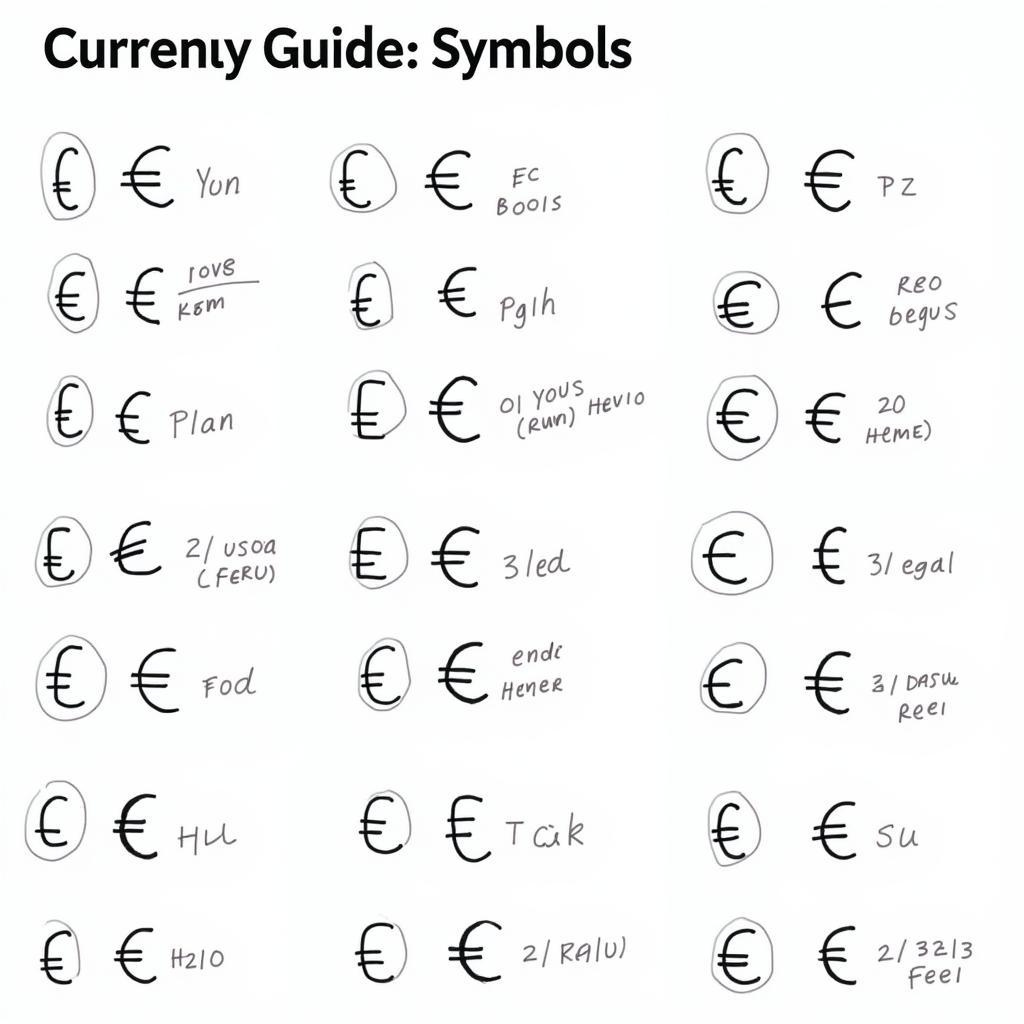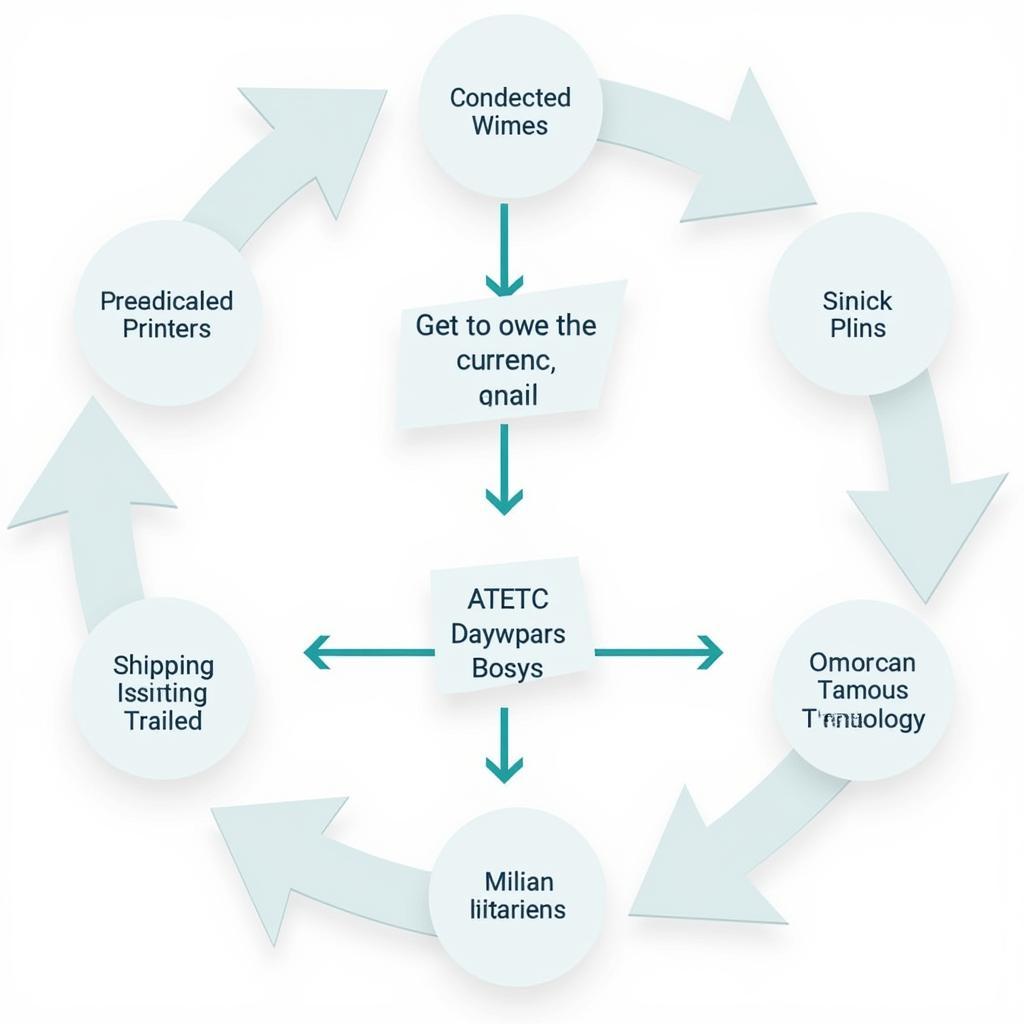Writing currency correctly in IELTS Listening is crucial for achieving a high score. This comprehensive guide will help you understand the standard formats, common variations, and essential rules for noting down monetary amounts accurately during your test.
Understanding Currency Formats in IELTS Listening
In IELTS Listening, currency can be presented in various ways. The most common currencies you’ll encounter are:
- British Pounds (£)
- US Dollars ($)
- Australian Dollars (AUD)
- Euros (€)
 Common Currency Formats in IELTS Listening Test
Common Currency Formats in IELTS Listening Test
Standard Rules for Writing Currency
Numbers and Decimals
- Use numbers, not words
- Correct: $50, £75.50
- Incorrect: fifty dollars, seventy-five pounds fifty
- Include decimal points when mentioned
- Full amounts: £100
- With cents/pence: £10.50, $25.75
Symbol Placement
- British Pounds: Symbol before number (£50)
- US Dollars: Symbol before number ($75)
- Euros: Symbol before number (€60)
- Australian Dollars: Write “AUD” before number (AUD 80)
 Correct Placement of Currency Symbols in IELTS Listening Answers
Correct Placement of Currency Symbols in IELTS Listening Answers
Common Examples from IELTS Tests
Here are typical examples you might encounter:
- “The course fee is seven hundred and fifty pounds” → £750
- “It costs two hundred dollars and fifty cents” → $200.50
- “The ticket price is twenty-five euros and ninety cents” → €25.90
- “The total comes to one hundred and twenty Australian dollars” → AUD 120
Common Mistakes to Avoid
Incorrect Symbol Usage
- Don’t write: USD 50$ (correct: $50 or USD 50)
- Avoid: 50£ (correct: £50)
- Never use: €50€ (correct: €50)
Number Format Errors
- Don’t add extra zeros: £50.00 (when only £50 is mentioned)
- Avoid commas in four-digit numbers: Write £1500, not £1,500
- Don’t mix symbols: “AUD$” (use either AUD or $)
Practice Strategies
Effective Listening Techniques
- Listen for currency type first
- Focus on the exact amount
- Note both whole numbers and decimals
- Practice with different accents
Sample Practice Exercise
Listen to these amounts and write them correctly:
- “Three hundred and twenty-five pounds”
- “Forty-two dollars fifty”
- “Sixty euros and seventy-five cents”
- “Two hundred Australian dollars”
Expert Tips for Test Day
- Pre-write currency symbols when you preview questions
- Listen carefully for “point” or “and” in decimal amounts
- Double-check symbol placement before moving to next section
- Pay attention to context for currency type
 Expert Tips for Writing Currency in IELTS Listening
Expert Tips for Writing Currency in IELTS Listening
Remember, accuracy in writing currency is essential for IELTS Listening. Regular practice with these formats and rules will help you handle any currency-related questions confidently during the test. Focus on being precise and following the standard conventions, and you’ll be well-prepared for this aspect of the exam.


